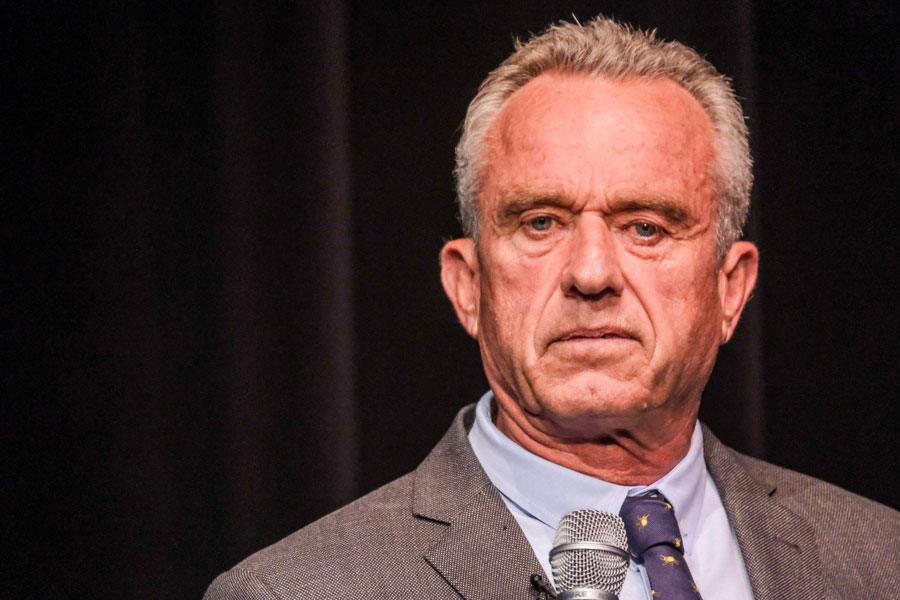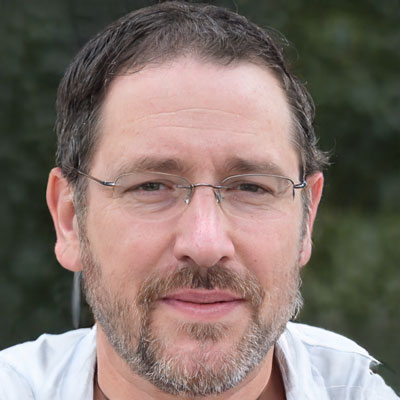
WASHINGTON, D.C. – Following President Donald Trump’s inauguration, the administration has directed federal health agencies, including the Centers for Disease Control and Prevention (CDC), the Food and Drug Administration (FDA), and the National Institutes of Health (NIH), to temporarily halt external communications. This directive, issued by Acting Health Secretary Dr. Dorothy Fink, requires that all public-facing documents, including press releases, social media posts, and health advisories, receive approval from a presidential appointee before dissemination. There should also be no updates to their websites.
The communication pause is scheduled to remain in effect through February 1, 2025. While such pauses are not unprecedented during administrative transitions, the broad scope of this directive has raised concerns among health experts. They caution that delays in disseminating critical health information, such as updates on infectious disease outbreaks or food safety recalls, could pose risks to public health.
In addition to the communication freeze, President Trump has signed an executive order to withdraw the United States from the World Health Organization (WHO). Public health experts warn that this move may hinder the nation’s ability to effectively respond to global health crises by limiting access to international health data and coordination efforts.
Critics argue that these actions could erode public trust and impede timely responses to health threats. The administration has stated that the temporary pause is intended to allow new leadership to review and manage the flow of information from these agencies. However, the lack of clear guidelines and the potential for prolonged delays have prompted calls for the administration to lift the pause promptly to ensure that vital health information remains accessible to the public.
The blackout, first reported by the Washington Post, comes prior to the anticipated nomination of Robert F. Kennedy Jr., for Health and Human Services secretary. As part of his “Make America Healthy Again” initiative, Kennedy aims to implement a comprehensive overhaul of health and food regulatory agencies. His agenda includes advocating for stricter pesticide regulations and pledging to eliminate processed foods from school lunch programs.


